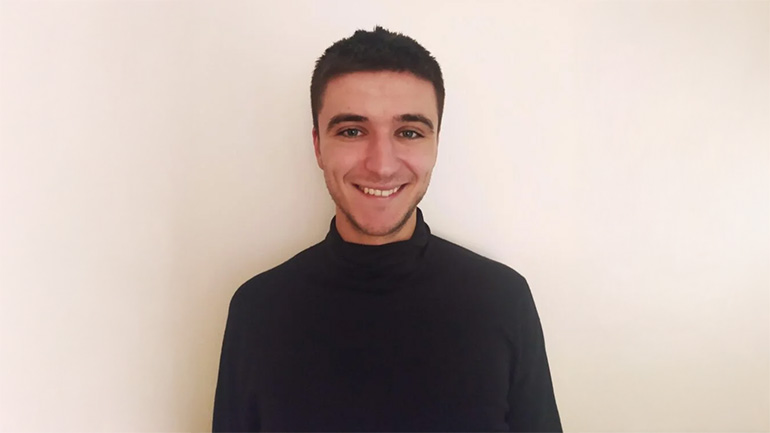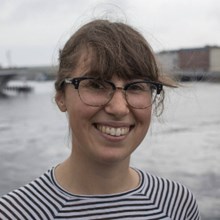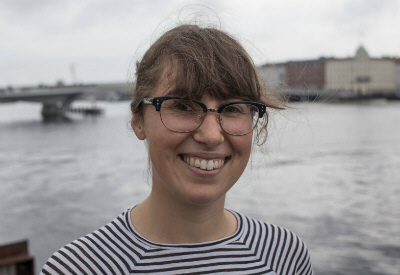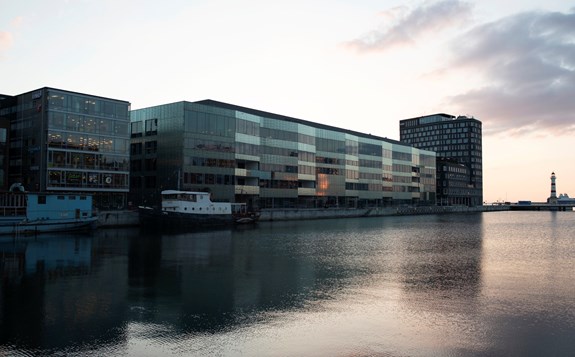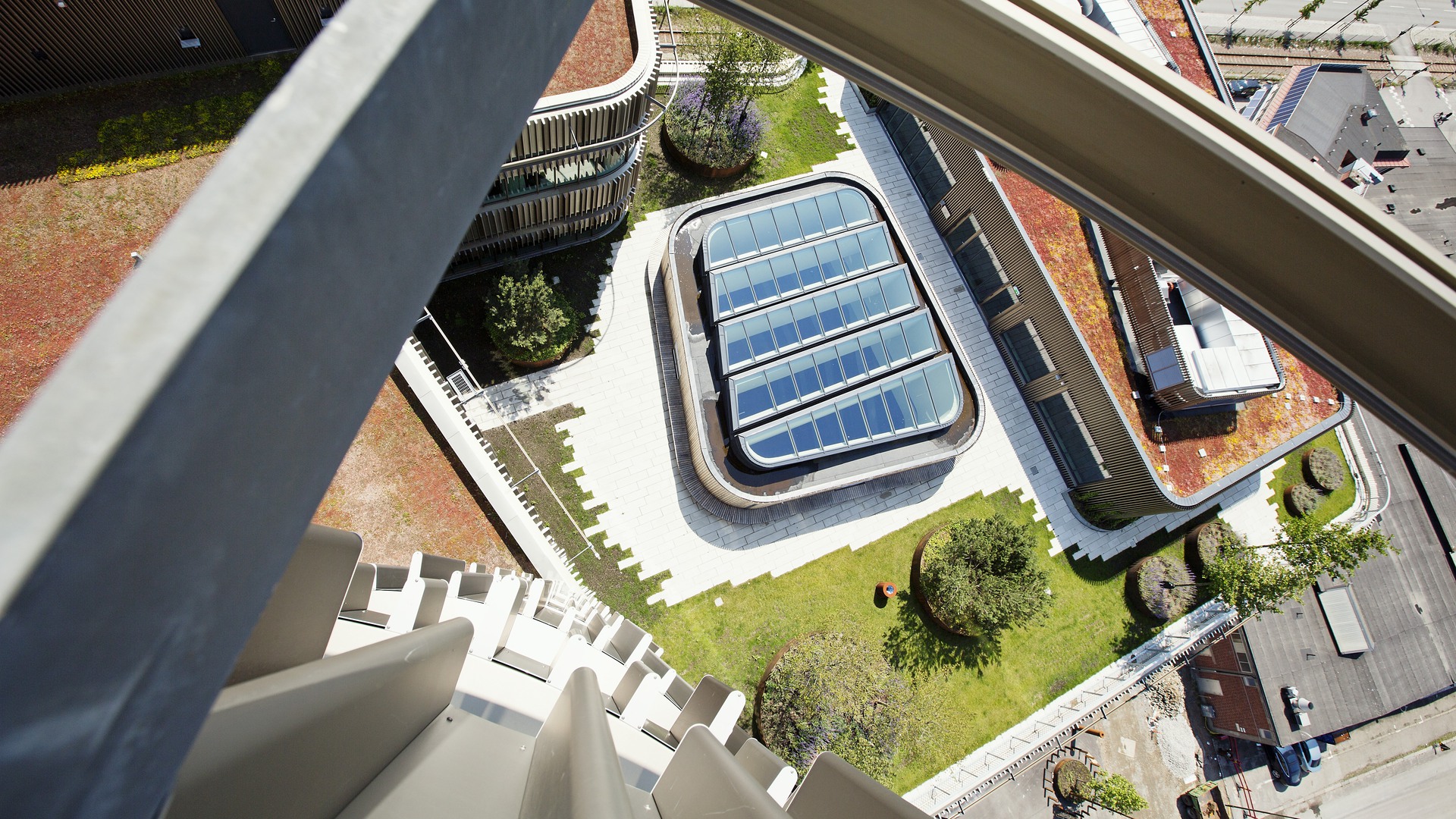Urban Studies led Mark to a career in research
Mark Connaughton did not plan on having a career in research when he first enrolled on the Urban Studies Master’s Programme. However, today, he finds himself working as a PhD fellow at Roskilde University in Denmark, where he investigates how dignity is shaped by unemployed people in a post-industrial city in the US.
“Before studying Urban Studies, I studied applied languages and intercultural studies in Dublin and then worked as a translator in Berlin. Living in the formerly divided city made me fascinated about how cities are shaped by history and culture. I chose the Urban Studies Master’s Programme because the variety of subjects really excited me. It covered many different areas, like geography, sociology, planning, and economics; I liked that we had the freedom to focus on the topics we enjoyed in the latter part of the programme,” he says.
What made you pursue a PhD position?
My favourite part of the programme was the final thesis, which allowed for six months of uninterrupted, self-guided research under great supervision from researchers at the department. I was quite surprised at how much I enjoyed the thesis research. It was what led me to accept a research assistant job at Lund University Centre for Sustainability Studies, which then led me to my PhD. Spending years studying a specific problem seemed like a great opportunity, and I love working in the academic environment. A PhD position seemed like a natural step to explore after my master’s.
What do you do in your work as a PhD fellow?
I am working on a research project that is theoretically situated somewhere between political sociology and social psychology. I do ethnographic research that tries to uncover how the individual and their everyday lives are deeply entangled with spatial politics, institutions, cultural repertoires, and socio-economic factors. This involves me regularly visiting and researching the city’s spatial and historical development. I spend time with unemployed people, participating in the everyday practices they undertake. I also observe the spaces they move around in and meet with community, political, and official figures. This helps me map the entanglement between individuals, spaces, and institutions. Along with research, I also teach and supervise undergraduate students, and attend conferences.
The best part about my job is visiting new places, meeting new people and constantly looking for, and being exposed to, new ways of thinking and learning.
How did the Urban Studies programme prepare you for your current work?
I learned how to understand cities and the people living in them. We studied things like transport, housing, and social movements, and we were taught how to critically analyse problems, theories and methods. It prepared me well for a career in research.
The most important aspect that has stayed with me throughout my work is the importance of critical research that questions how we know what we know within academia and the wider world. Also, the focus on understanding people’s experiences in cities.
What’s your best tip for future students of Urban studies?
Make the most of the broadness of the programme. It’s a great opportunity to try out new fields of interest, methods of inquiry, and discover what fits you best.

